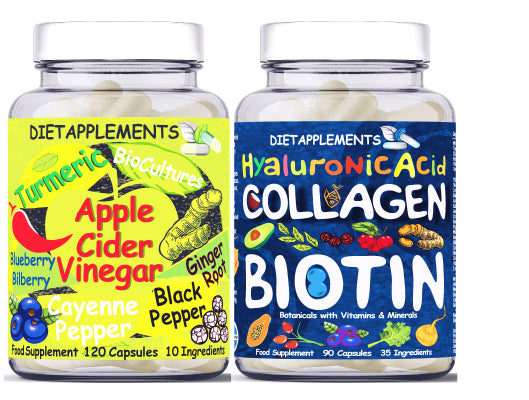Click here to explore our formulas with Potassium.
Potassium is a vital mineral and electrolyte that plays a crucial role in maintaining various physiological functions within the human body. It is one of the essential nutrients required for normal cellular function and overall health.
Some key reasons why potassium is important include:
-
Fluid Balance: Potassium helps maintain proper fluid balance within cells and tissues. It works in conjunction with sodium to regulate the balance of fluids in and out of cells, helping to control blood volume and blood pressure.
-
Electrolyte Balance: Potassium is an electrolyte, along with sodium, chloride, calcium, and magnesium. Electrolytes are essential for conducting electrical impulses in the body, including nerve impulses and muscle contractions.
-
Heart Function: Potassium is crucial for maintaining the electrical activity of the heart. It helps regulate the heartbeat by influencing the electrical impulses that control the contraction and relaxation of the heart muscle.
-
Muscle Function: Potassium is essential for normal muscle function. It plays a key role in muscle contractions, including those of the skeletal muscles and smooth muscles found in the digestive tract.
-
Nervous System Function: Potassium is involved in the transmission of nerve impulses. It helps generate action potentials, which are electrical signals that travel along nerve cells to transmit information throughout the nervous system.
-
Acid-Base Balance: Potassium plays a role in maintaining the body's acid-base balance. It helps buffer acids, contributing to the regulation of the body's pH.
Dietary sources of potassium include:
-
Fruits (such as bananas, oranges, and melons)
-
Vegetables (particularly leafy greens, potatoes, and tomatoes)
-
Legumes (beans and lentils)
-
Nuts and seeds
-
Dairy products (milk and yogurt)
-
Fish (such as salmon and tuna)
-
Lean meats
















